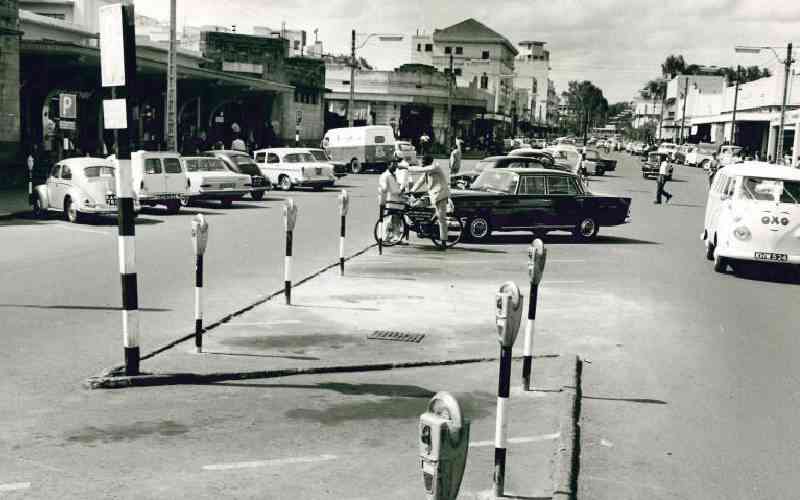×
The Standard e-Paper
Stay Informed, Even Offline

Is Kenya an enterprise whose resources are owned by influential personalities with a controlling shareholding? Is it possible that each of the 52 million Kenyans owns a stake in their motherland?
The question of whether those who do not vote for the winning presidential candidate have a legitimate expectation of government services is being debated. This debate predates Kenya as we know it today.






